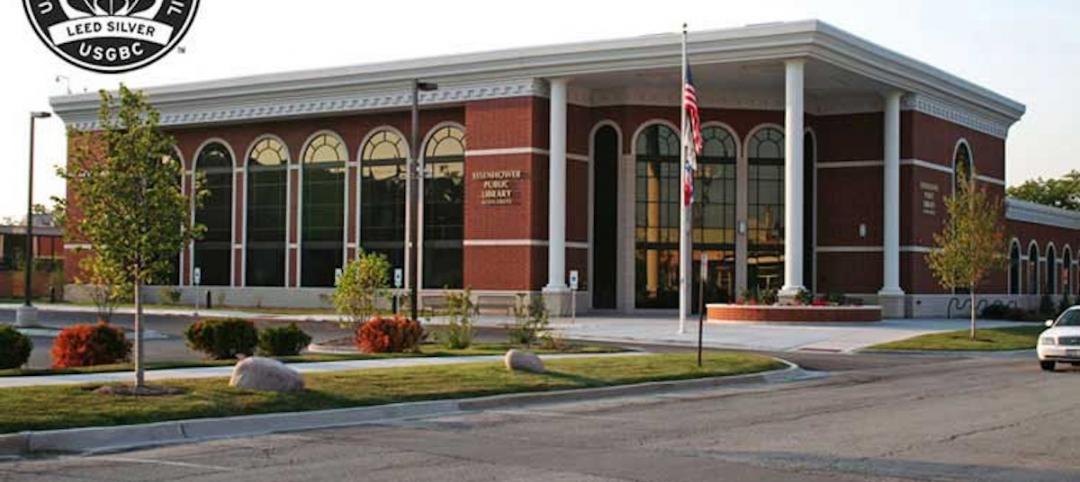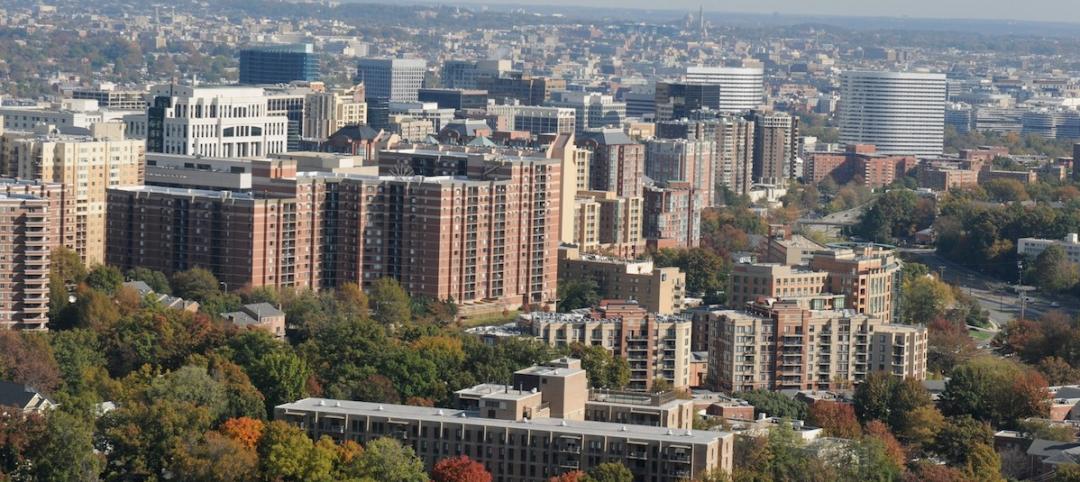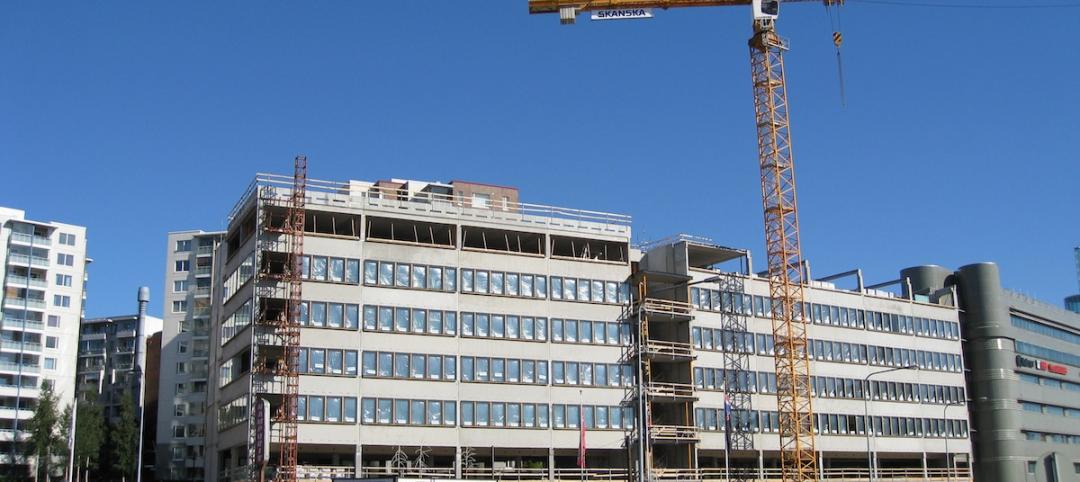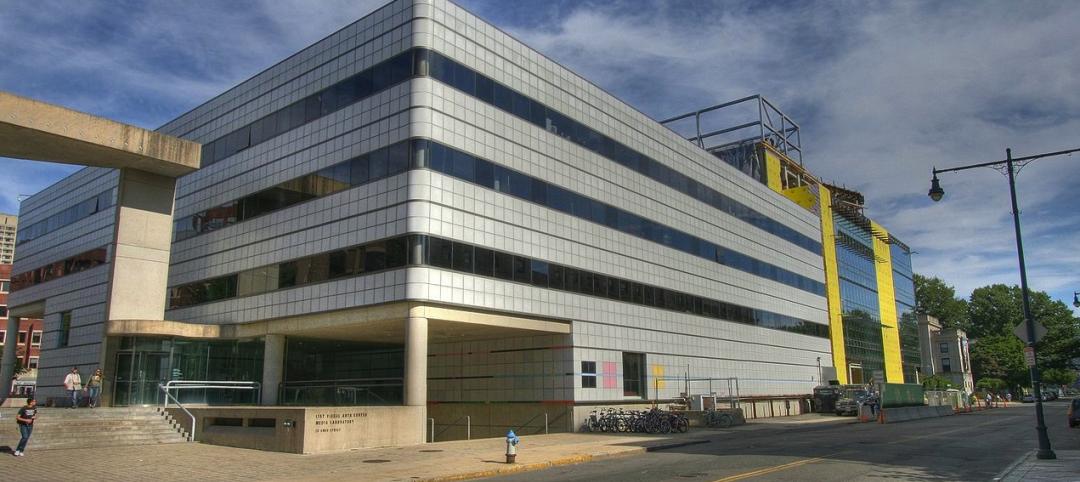Ten prominent real estate groups have signed on as partners in New York State's $50 million Empire Building Challenge, an effort to make high-rise buildings carbon-free.
Challenge partners collectively control over 130 million sf of real estate in New York State, including more than 250 buildings that contain affordable housing. The partners have each pledged to achieve carbon neutrality in one or more of their buildings and in more than 700 units of affordable housing collectively. They also have the potential to scale efforts across their portfolios to more than 25,000 units of affordable housing. Exceeding program requirements, Vornado, Empire State Realty Trust, and Rudin Management Company have all committed to achieving carbon neutrality in their entire real estate portfolios.
Partners will choose technology and innovation experts to help develop a replicable low-carbon retrofit solution proposal for addressing one or more barriers to achieving decarbonization in their buildings. Partners can submit retrofit solution proposals to the state to be evaluated competitively for up to $5 million to support development and implementation of their proposal.
Proposals will be evaluated based on a project’s scalability and feasibility in addressing the major challenges of decarbonizing high-rise buildings, and also on the building owner's willingness and ability to implement solutions across their portfolio.
Related Stories
Codes and Standards | Apr 22, 2015
GBCI renamed Green Business Certification Inc.
The name change reflects the organization’s expanded certification and credentialing services.
Multifamily Housing | Apr 16, 2015
Seattle’s size restriction on micro apartments blamed for rise in rents
Seattle’s city planner recently said that the council’s new rules have made small apartments more expensive to build and charged the board with “overreaching” and not giving micro-housing “a fair shake.”
Green | Apr 16, 2015
New version of Building Energy Data Exchange Specification launched
BEDES is a dictionary that facilitates consistent exchange of building characteristics and energy use data between tools and databases in the building energy efficiency sector.
Codes and Standards | Apr 16, 2015
New York tops U.S. cities in walkability
Revitalization pushes Detroit and New Orleans up the rankings
Green | Apr 14, 2015
USGBC will recognize energy and water standards for the Living Building Challenge
This move means that projects achieving the energy and water requirements in Living Building Challenge will be considered as technically equivalent to LEED.
Codes and Standards | Apr 14, 2015
New York City preparing new codes for evacuation elevators
New York City’s Fire, Buildings, and City Planning Departments in New York are writing rules to govern occupant-evacuation elevators, reflecting a change in philosophy of how to evacuate people from skyscrapers in an emergency.
Codes and Standards | Apr 12, 2015
California imposes stringent new water standards
California is the first state to adopt standards that are more efficient than those set by EPA's WaterSense program.
Codes and Standards | Apr 12, 2015
Virginia surpasses Florida for strictest hurricane building codes
Virginia has edged out Florida as the state with the most stringent hurricane building codes, according to the Institute for Business and Home Safety’s “2015 Rating the States” report.
Codes and Standards | Apr 6, 2015
Industry groups petition for change order reform on federal projects
Nine design and construction associations ask for assurance that funds available for additional work.
Codes and Standards | Apr 6, 2015
DOE releases Better Buildings Workforce Guidelines
The guidelines are aimed at strengthening and streamlining commercial building workforce training and certification programs for workers in energy auditing, building commissioning, building operations, and energy management.
















